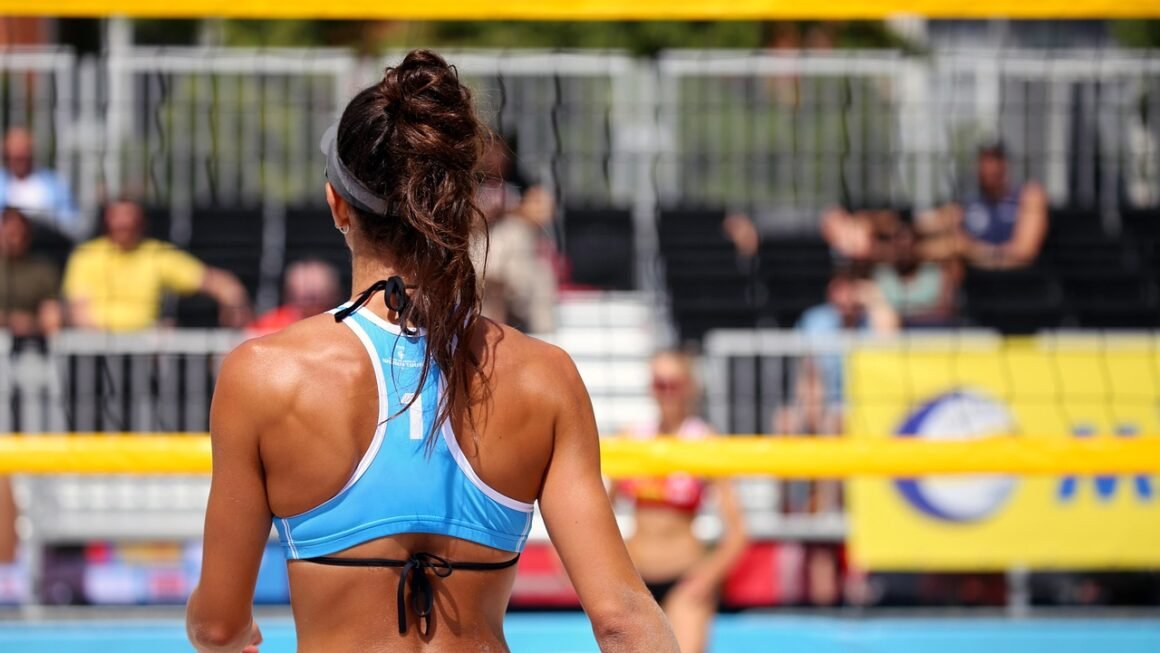In a decisive Game 1 of the NBA Finals, the Boston Celtics delivered a masterclass in basketball by crushing the Dallas Mavericks 107-89. With a 29-point lead established in the first half, Boston’s relentless offensive strategy and unyielding defense left the Mavericks scrambling for answers. Kristaps Porziņģis‘ impactful return from injury bolstered the Celtics’ defensive might, further complicating Dallas’ efforts. As the Celtics set a formidable tone for the series, the Mavericks are now faced with the critical task of addressing their deficiencies before Game 2. What adjustments can Dallas make to turn the tide?
Read Similar Articles
- Celtics Crush Mavericks in NBA Finals Opener
- Where to Watch Mavericks Vs. Celtics Live
- Celtics Dominate Mavericks in Spectacular Game
- Celtics Vs. Mavericks: Expert Predictions Unveiled
Key Takeaways
- Boston Celtics secured a dominant 107-89 victory over the Dallas Mavericks in Game 1.
- The Celtics established a commanding 29-point lead in the first half.
- Kristaps Porziņģis contributed significantly with 20 points and six rebounds.
- Boston’s relentless offensive pressure and stifling defense were key to their win.
- Luka Dončić’s 30 points were insufficient to overcome Dallas’s offensive inefficiency.
Game 1 Dominance
In Game 1 of the NBA Finals, the Boston Celtics showcased their dominance by establishing a commanding 29-point lead in the first half, ultimately securing a decisive 107-89 victory over the Dallas Mavericks. The Celtics’ performance was marked by relentless offensive pressure and stifling defense, underscored by Kristaps Porziņģis‘ impact.
Returning from a calf injury, Porziņģis contributed meaningfully with 20 points and six rebounds in just 21 minutes, demonstrating his versatility with key defensive stops and a deep three-pointer. His efforts, combined with solid performances from Jaylen Brown and Jayson Tatum, propelled Boston to maintain their momentum.
This game underscored the Celtics’ depth and strategic execution, setting a formidable tone for the series.
Porziņģis’ Return
The return of Kristaps Porziņģis from a calf injury infused the Boston Celtics with a renewed vigor, greatly contributing to their commanding victory in Game 1. Porziņģis’ impact was immediately felt, scoring 18 points in the first half, which fueled a decisive 23-5 run.
His versatility was on full display, combining scoring prowess with defensive acumen, including a deep 3-pointer and critical blocks. Porziņģis finished with 20 points and six rebounds in just 21 minutes, highlighting his efficiency.
Additionally, his presence fortifying the Celtics’ defense limited the Mavericks to their lowest postseason scoring output. His return not only bolstered the Celtics’ offensive depth but also reinforced their defensive solidity, setting a robust tone for the series.
Mavericks’ Struggles
Dallas Mavericks’ offensive inefficiency and defensive lapses underscored their struggles in Game 1, resulting in a significant 107-89 defeat. The Mavericks’ offensive struggles were evident as they shot just 40% from the field, with key players like Kyrie Irving failing to find their rhythm.
Defensively, Dallas allowed the Celtics to dominate the paint and perimeter, leading to Boston’s record-breaking performance with seven players making multiple three-pointers. The Mavericks’ adjustments must address their defensive holes and improve shot selection to compete in the series.
Despite Luka Dončić’s 30-point effort, the team’s inability to execute on both ends highlighted the urgent need for strategic recalibration ahead of Game 2.
Momentum Shifts
Boston’s ability to respond decisively to Dallas’s third-quarter surge exemplified their dominance and tactical superiority in Game 1.
The Mavericks, spearheaded by Luka Dončić, orchestrated a third-quarter comeback that trimmed Boston’s once formidable lead to just eight points. However, Boston’s response was swift and decisive; a 14-2 run effectively stifled Dallas’s momentum and reinstated a commanding 20-point lead.
This response highlighted the Celtics’ resilience and strategic depth, with Jaylen Brown’s offensive contributions and Porziņģis’ versatile play proving pivotal.
Boston’s balanced approach and defensive tenacity not only neutralized the Mavericks’ offensive threats but also underscored their capacity to adapt under pressure, setting a formidable tone for the series.
Game 2 Outlook
As the Celtics gear up to maintain their dominance, Game 2 presents an opportunity for both teams to implement pivotal adjustments and counterstrategies. Boston will likely focus on fine-tuning their defensive schemes to contain Luka Dončić more effectively, while the Mavericks must explore offensive strategies to break the Celtics’ robust defense.
Key areas to watch include:
- Three-point shooting: Both teams need to sustain or improve their perimeter accuracy.
- Ball movement: Effective passing can disrupt defensive setups and create open shots.
- Bench contributions: Depth scoring will be vital for both sides.
- Turnover management: Limiting turnovers can shift momentum and control the tempo.
- Key matchups: Individual battles, such as Tatum versus Dončić, will greatly influence outcomes.
These factors will shape the dynamics of Game 2.
Conclusion
The Boston Celtics’ emphatic victory over the Dallas Mavericks in Game 1 of the NBA Finals, highlighted by a 107-89 scoreline and a dominant first-half performance, underscores their strategic superiority.
The return of Kristaps Porziņģis added a crucial dimension to Boston’s defensive and offensive schemes.
Conversely, the Mavericks’ inefficiencies necessitate a thorough reevaluation.
As Game 2 approaches, the onus is on Dallas to avoid a repeat of this shellacking and to restore competitive equilibrium in the series.


